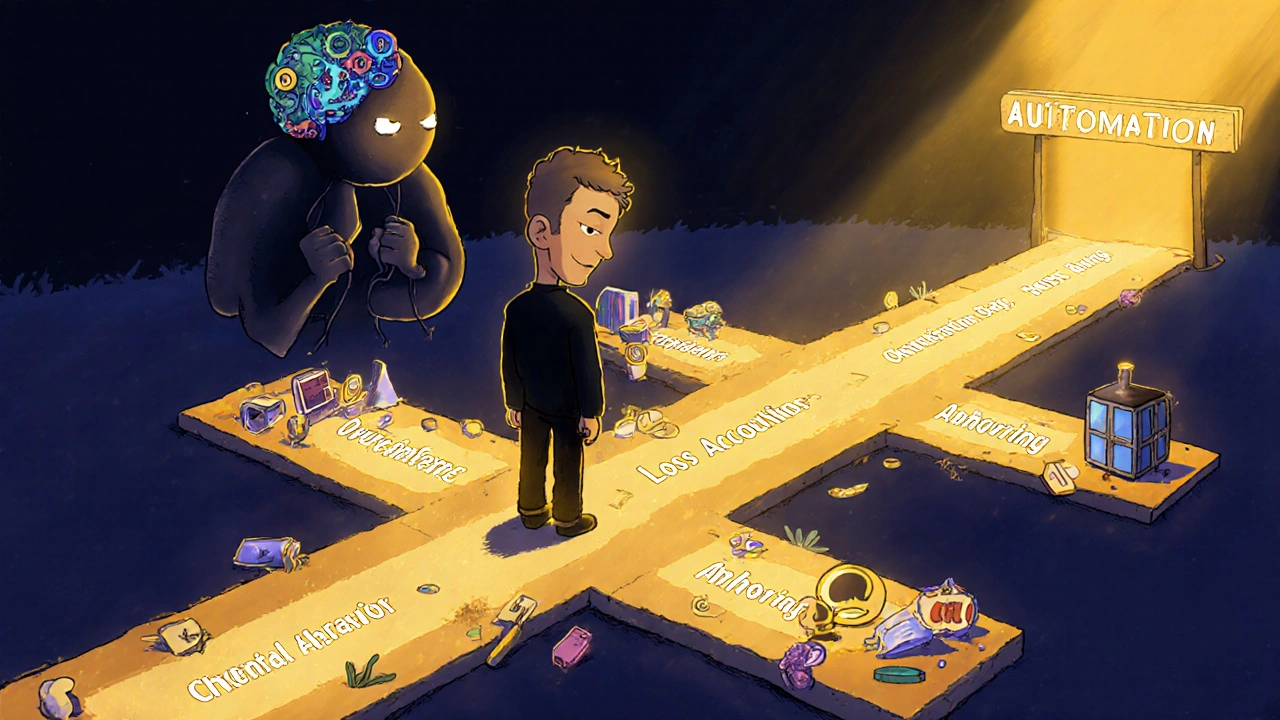Herd Behavior in Investing: Why Crowds Make Mistakes and How to Avoid Them
When you see everyone buying crypto, selling stocks, or chasing the latest meme stock, you’re witnessing herd behavior, the tendency of investors to follow the actions of larger groups, often ignoring their own research or risk tolerance. Also known as crowd psychology, it’s not just about FOMO—it’s a deep-rooted bias that turns rational people into impulsive traders. This isn’t theory. It’s why Bitcoin spiked to $69K in 2021, then crashed 70% in months. It’s why retail investors bought GameStop shares not because they understood the business, but because others were doing it.
Herding doesn’t happen in a vacuum. It feeds off hope bias, the emotional urge to hold onto losing investments because you believe things will turn around—a close cousin of the sunk cost fallacy, the idea that you must keep investing because you’ve already put time or money in. These aren’t just trading mistakes. They’re mental traps built into how your brain works. The same person who checks their portfolio five times a day might ignore a 10% drop in their tech ETF because everyone else is still holding. Meanwhile, the smart money is quietly selling into the frenzy.
What makes herd behavior dangerous is how invisible it feels. You don’t think you’re following the crowd—you think you’re making a smart call. But when 80% of retail investors are buying the same asset at its peak, the math doesn’t lie: someone has to be on the wrong side. The posts here cut through the noise. You’ll find real examples of how herd behavior shows up in robo-advisors, broker hype cycles, and even in how people build emergency funds. You’ll see how ESG portfolios get swept up in trends, how fintech regulations try to curb mass panic, and why cash isn’t a last resort—it’s your best defense when everyone else is running.
There’s no magic trick to beating the crowd. But there’s a simple start: know when you’re being pulled in. The articles below don’t just explain why people make these mistakes—they show you how to spot them before they cost you money. Whether you’re new to investing or have been at it for years, this collection gives you the tools to think for yourself—even when the market screams otherwise.
Behavioral Finance Biases: Common Money Mistakes and How to Fix Them
Learn how common psychological biases like loss aversion, overconfidence, and herd behavior lead to costly money mistakes - and how to fix them with simple, proven strategies.
View More